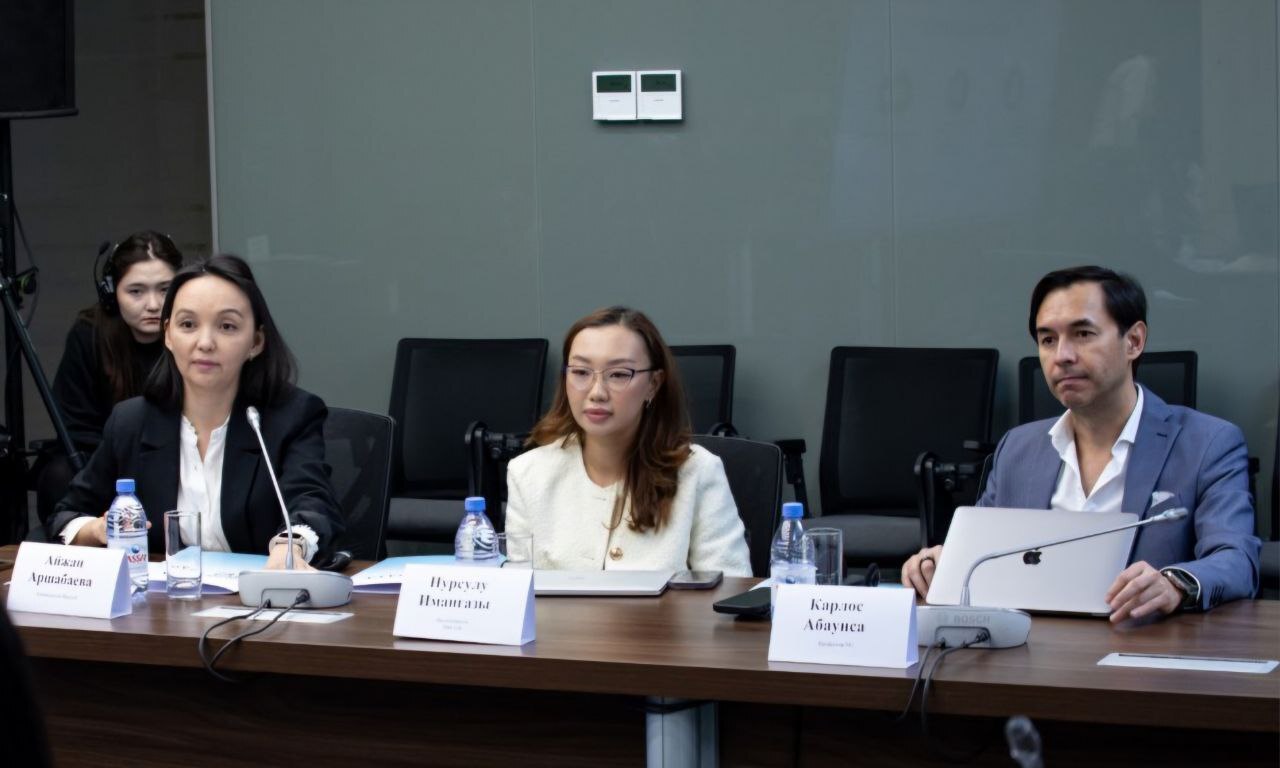April 27, Astana. A round table where Data Lab and IOM experts examined global migration trends and their economic impact: analysis and forecasts.
Migration is becoming an integral part of global dynamics in the modern world. This is confirmed not only by historical facts but also by modern statistical data, which indicate a significant increase in the scale of this phenomenon. Experts from the International Organization for Migration (IOM) stressed that adequately organized and regulated migration can play a crucial role in stimulating the economic growth of host countries.
Over the past three years, a notable surge in migrant workers from Uzbekistan, the Russian Federation, and Tajikistan to Kazakhstan has been observed. This trend has influenced the dynamics of the labor market, particularly in sectors like agriculture and construction, where labor shortages are prevalent.
Furthermore, an examination of the UK's programs for migrant workers revealed a noteworthy trend: in recent years, approximately 7 thousand citizens of Kazakhstan have migrated to this country. Many are compelled to seek employment abroad to enhance their financial situation and support their families, enabling them to clear debts, including mortgages, within a short span of up to 6 months.
The round table also discussed measures the state took to regulate the legal status of Kazakhstani migrant workers in South Korea and the United Kingdom. The freelance market and related challenges receive special attention, as a lack of monitoring makes forecasting difficult.
The successful reintegration of returnees into society is often dependent on the state of the labor market, with many individuals finding work in the trade and agriculture industries. During the round table discussion, we carefully considered these basic issues. You can find more detailed information on the datalabs YouTube channel @datalabkz
Migration is becoming an integral part of global dynamics in the modern world. This is confirmed not only by historical facts but also by modern statistical data, which indicate a significant increase in the scale of this phenomenon. Experts from the International Organization for Migration (IOM) stressed that adequately organized and regulated migration can play a crucial role in stimulating the economic growth of host countries.
Over the past three years, a notable surge in migrant workers from Uzbekistan, the Russian Federation, and Tajikistan to Kazakhstan has been observed. This trend has influenced the dynamics of the labor market, particularly in sectors like agriculture and construction, where labor shortages are prevalent.
Furthermore, an examination of the UK's programs for migrant workers revealed a noteworthy trend: in recent years, approximately 7 thousand citizens of Kazakhstan have migrated to this country. Many are compelled to seek employment abroad to enhance their financial situation and support their families, enabling them to clear debts, including mortgages, within a short span of up to 6 months.
The round table also discussed measures the state took to regulate the legal status of Kazakhstani migrant workers in South Korea and the United Kingdom. The freelance market and related challenges receive special attention, as a lack of monitoring makes forecasting difficult.
The successful reintegration of returnees into society is often dependent on the state of the labor market, with many individuals finding work in the trade and agriculture industries. During the round table discussion, we carefully considered these basic issues. You can find more detailed information on the datalabs YouTube channel @datalabkz
